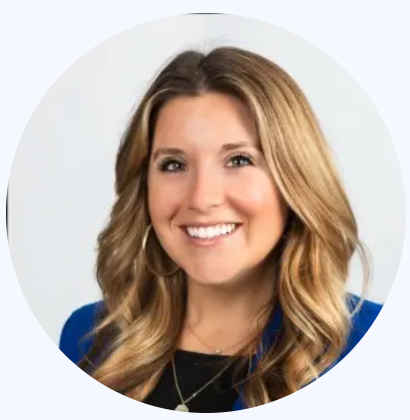Workforce Development Challenges
Clients come from diverse backgrounds and face different circumstances that can hinder their access to employment opportunities, including:
-
No high school diploma or GED: A fundamental barrier for many is the absence of a high school diploma or GED. This can significantly limit employment options and opportunities for higher education or job training programs.
-
Lack of work experience: Without prior work experience, your clients may struggle to enter the job market. And without a job, it’s impossible to gain experience, so they’re in a catch-22 situation.
-
Justice involvement: People with a history of legal involvement may face social stigma and barriers that reduce their employment prospects, often regardless of their qualifications or education.
-
Low income: Living in poverty restricts access to resources necessary for job searching, such as transportation, appropriate clothes for interviews and internet access for sending online applications.
-
Lack of support in training or schooling opportunities: Many people are unaware of or unable to access training and educational opportunities that could give them the skills they need to land a higher-paying job. Institutions like MedCerts provide short-term programs that help students gain certifications and qualify for careers in high-demand fields, such as healthcare and information technology.
How to Overcome Challenges
Some of these barriers can seem overwhelming. But, there are steps you can take to help your clients overcome difficult circumstances and build a better future for themselves. You’ll have to tailor your approach to each individual for the best results.
Start by listening and understanding the specific situation of each client and then guide them toward practical resources and solutions. If your client doesn’t have a high school diploma or GED, connect them to an adult education program for help. For clients lacking work experience, volunteer opportunities, internships and job training programs can serve as stepping stones to a good career.
Addressing some challenges can be much harder. You may need to help them find immediate shelter options and long-term housing solutions, along with mental health support. For clients with justice involvement, you can advocate for fair chance hiring practices and assist clients in working with the legal system to reduce barriers to employment.
When tackling limited income and lack of support in training opportunities, resources like MedCerts can be invaluable. MedCerts has extensive support services for students. By providing clients with information about financial aid, scholarships and free training programs, you can help bridge the gap between your client’s dreams and reality.


